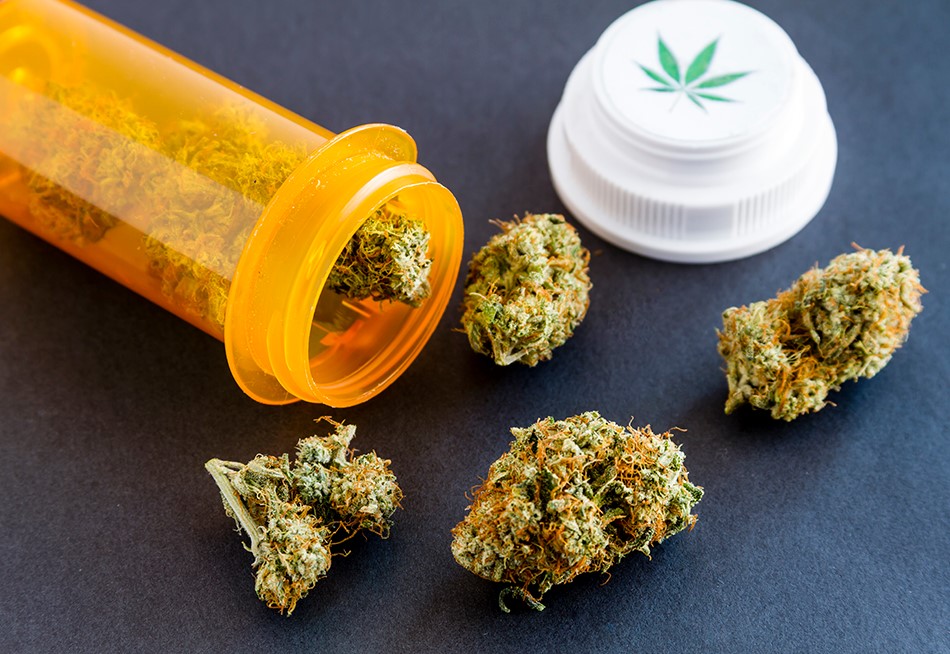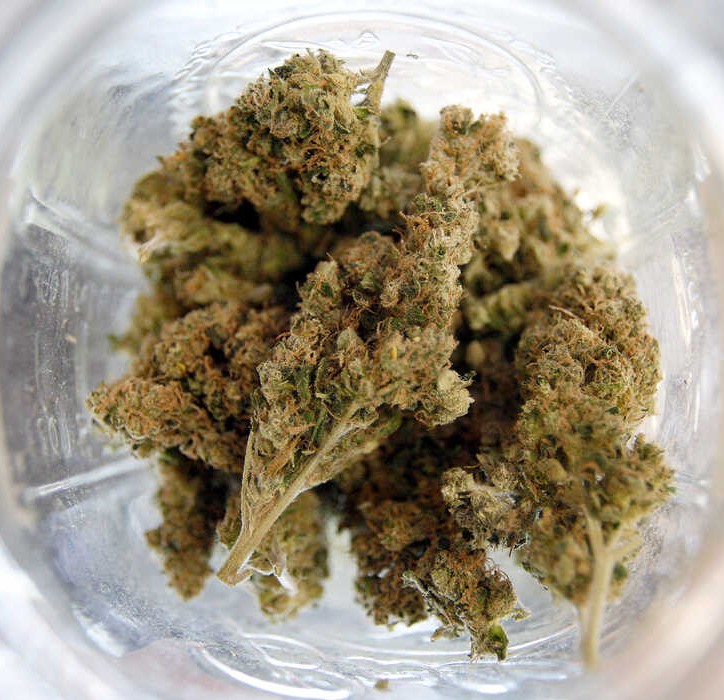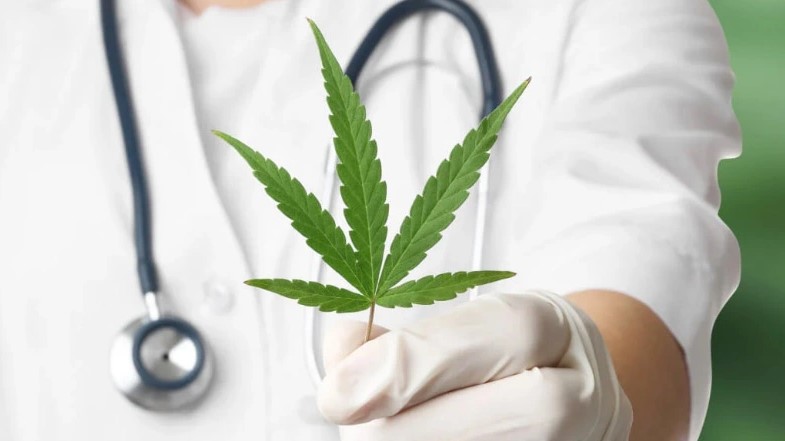No products in the cart.
Uncategorized
Medical Marijuana and Liver Disease: The Complete Guide
Although the research is limited, what we do know about medical marijuana and liver disease paints a contradictory picture. Older studies from the early 2000s show that cannabis might have a negative effect on liver health. However, more recent publications suggest that cannabis – including CBD – could be used to help manage symptoms and treat various types of liver diseases.
This article delves further into these and other cannabis-related liver health research papers. Read on to learn more whether you’re a frequent cannabis user concerned about the long-term consequences of marijuana use on your liver health or a patient with liver disease who is wondering if medical marijuana might be an effective treatment option.
How Cannabis Interacts with the Liver
The liver is a crucial organ that regulates many processes in the human body, such as detoxification and production of bile. Furthermore, it metabolizes chemical substances found in medication, drugs, and alcohol.
The liver is essential in the breakdown of various materials, including alcohol. In addition to assisting with cholesterol synthesis and maintenance, it aids in the production of plasma proteins in the blood. Unhealthy lifestyle elements such as heavy drinking can harm the structure and function of the liver.
To comprehend how medical marijuana specifically affects the liver, we must first understand how the endocannabinoid system (ECS) functions.
The ECS is a cell-signaling system that appears to control a number of processes and functions, such as sleep, mood, appetite, memory, inflammation, and immunity.
ECS components are constantly active in the human body, regardless of medical marijuana usage.
The body produces endocannabinoids (for example, 2-AG and anandamide) naturally, which work to manage various bodily processes – like those associated with liver function.
Just like endocannabinoids that are found in the cannabis plant, phytocannabinoids including CBD and THC can also have an impact on ECS activity.
One review found that activating the CB1 and CB2 receptors of the ECS (endocannabinoid system) had varying effects on cirrhosis, a disease characterized by damage and scarring of the liver. Activation of CB1 contributes to scarring, while activation of CB2 counteracts it. And deleting CB1 improves scarring and fat buildup(appearance), while deleting CB2 increases inflammation levels. notable is that these findings were from only studies done in vitro or with rodents rather than humans..
We can learn more by delving into some additional research.

The Potential Benefits of Medical Marijuana for Liver Disease
CBD and THC have shown promise in the treatment of fibrosis, which is the progressive scar tissue formation that occurs in the liver. Cirrhosis, or advanced fibrosis of the liver, is a disease that develops when severe fibrosis of the liver occurs.
According to authors of a 2018 Medicines article, the ECS “has strong anti-fibrogenic and profibrogenic activities … which may be pharmacologically manipulated to cure cirrhosis at the histologic level.”
THC was also found to suppress hepatic myofibroblast cells, which are not as common in normal livers but are present in damaged liver (such as during liver failure). It’s conceivable that THC can help prevent the worsening of severe liver disease by decreasing the proliferation of hepatic myofibroblasts.
Here are a few additional examples of how medical marijuana might help with liver-related illness symptoms:
Nonalcoholic Fatty Liver Disease
A study published by Plos One in 2007 suggests that individuals who use medical marijuana regularly are less likely to develop obesity-related non-alcoholic fatty liver disease (NAFLD). The study found that “cannabis use is associated with reduced prevalence of obesity and diabetes mellitus (DM) in humans…[both of which] are a well-established risk factor for NAFLD.”
Alcoholic Liver Disease
According to a 2018 research published by The National Library of Medicine, cannabis affected the development of liver disease in alcoholics. Similar to the study mentioned above, cannabis users had a decreased risk of developing liver disease than non-users.
Hepatic Encephalopathy
CBD may improve mental functioning and reduce inflammation in patients with hepatic encephalopathy, a neurological condition associated with cirrhosis.

Can Medical Marijuana Heal Liver Disease?
Although people think medical marijuana might help with liver health, there is no proof that it can treat or heal any form of liver disease.
Unfortunately, we cannot yet completely reverse the tissue damage caused by liver disease.
Although there is some evidence to support the beneficial use of medical marijuana for liver disease, this has not yet been established in clinical trials. However, it’s important to keep in mind that some studies suggest that cannabis could potentially worsen certain liver diseases such as hepatitis.
In conclusion, Dr. Hardeep Singh stated that people respond to cannabis differently, and this might show who will gain or experience negative effects from using cannabis as well as liver health problems.
Final Thoughts on Cannabis & Liver Disease
As mentioned previously, multiple studies show the possible benefits of medical cannabis on liver disease in a controlled environment and with rodents. However, the effects of medical marijuana on liver disease are conflicting and have yet to be conclusively proven.
The effects of cannabis seem to differ depending on a person’s specific disease state. Also, scientists lack the comprehensive clinical data needed to draw a conclusion about how marijuana use affects liver function in general.
Consult with your doctor before using medical cannabis for a liver-related problem.


